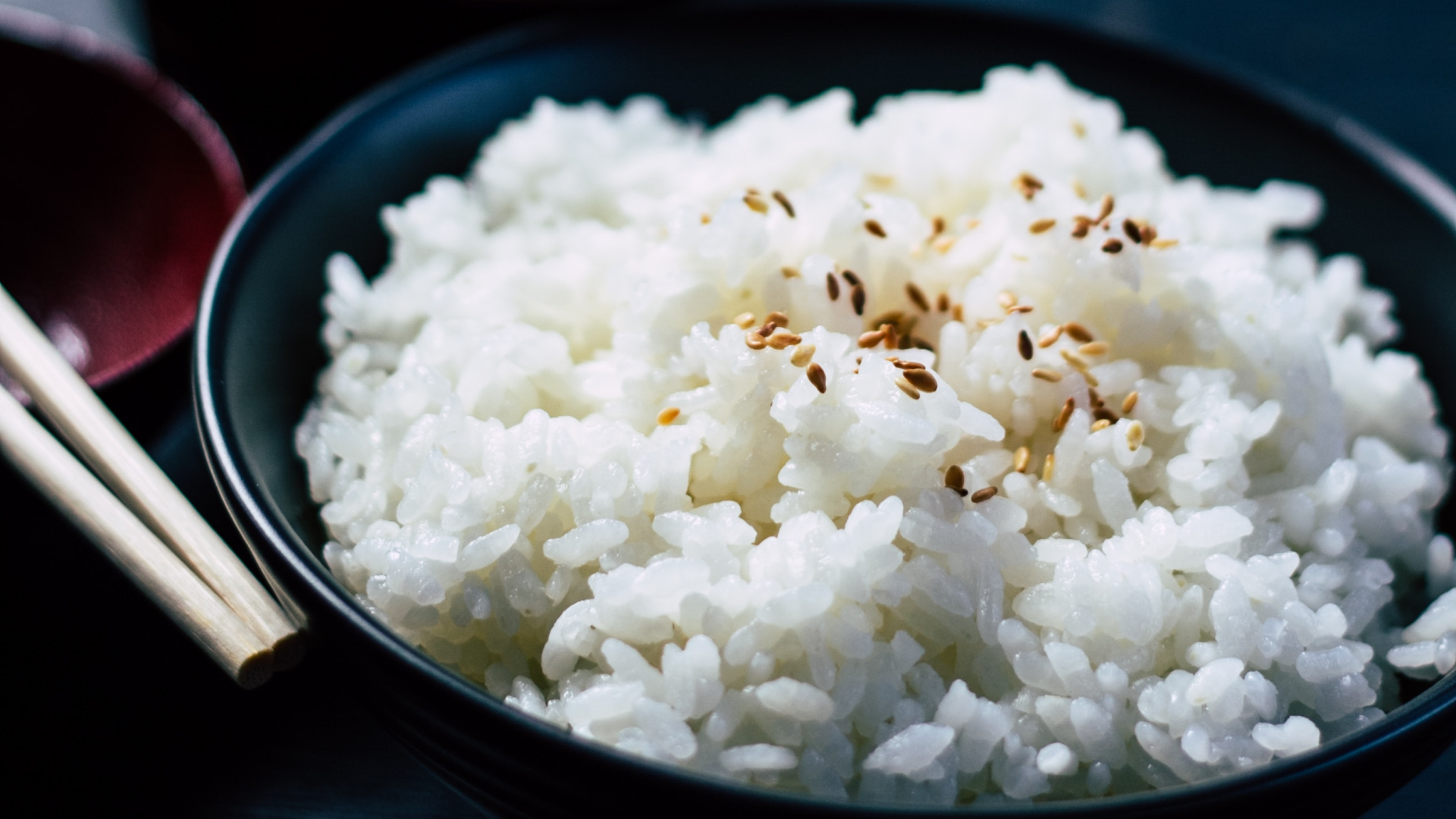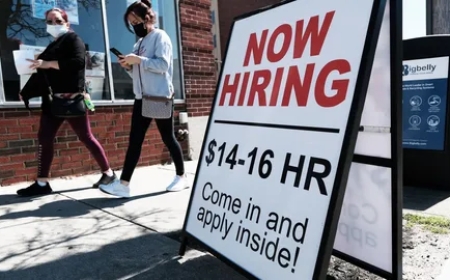Rice Prices in Japan Surge by Record 98.4% Over the Year
The historic price spike is driven by crop failures, heatwaves, and growing tourist demand.

In April 2025, rice prices in Japan rose by a staggering 98.4% year-on-year — the highest increase since 1971, according to data from Japanese economic agencies. This unprecedented surge is the result of a combination of natural disasters, climatic anomalies, and a sharp rise in both domestic and international demand.
Key factors include natural calamities such as floods and droughts, as well as record-breaking heat that affected Japan's major rice-producing regions. Many farms reported yield declines of several dozen percent, leading to market shortages. The hardest-hit prefectures included Kumamoto, Miyagi, and Niigata, where rice production fell to historic lows.
Additional pressure came from the revival of international tourism. With tourism rebounding and more visitors traveling to Japan, demand for traditional dishes — especially rice-based meals — skyrocketed. Restaurants, hotels, and food suppliers began aggressively buying up rice on the domestic market, accelerating the price surge.
Although a slight price correction was recorded in early May, rice prices remain nearly double those of 2024. Experts warn that even if weather conditions stabilize and imports increase, a return to previous price levels may take considerable time.
The crisis has had political repercussions. Agriculture Minister Taku Eto resigned following public outrage after he remarked that he "doesn't buy rice" — a comment made at the peak of public frustration over soaring staple food prices. The remark sparked widespread criticism in both parliament and the media.
The Japanese government is discussing measures to stabilize the situation, including increasing rice imports from other countries and offering temporary subsidies to households and the restaurant industry. Relevant ministries are already in talks with suppliers in Southeast Asia. Additionally, authorities plan to expand national rice reserves to better manage future market volatility.
Analysts note that the rice crisis highlights broader issues of Japan's food security amid climate change and global economic instability. Further price and supply adjustments may occur in the coming months, depending on weather patterns and export decisions by partner countries.
Do you have news that could become a sensation?
Or do you want to try yourself as an editor?
On altn.news , it's possible!
Share your materials, express your opinion, and test your skills as a journalist or editor.
It’s simple:
✅ Download the app:

✅ Register on the website.
✅ Create and publish your news.
Who knows, maybe your material will become the next big headline!
Start today on altn.news.
The editorial board is not responsible for the content and accuracy of material taken, sent or obtained from other sources. The publication of such materials is for informational purposes only and does not imply automatic endorsement or approval of their content.








:format(webp)/YXJ0aWNsZXMvaW1hZ2UvMjAyNS85LzIwMjUwOTI2LWdhZi11NTUtMTcyLmpwZw.webp?w=1920)

























